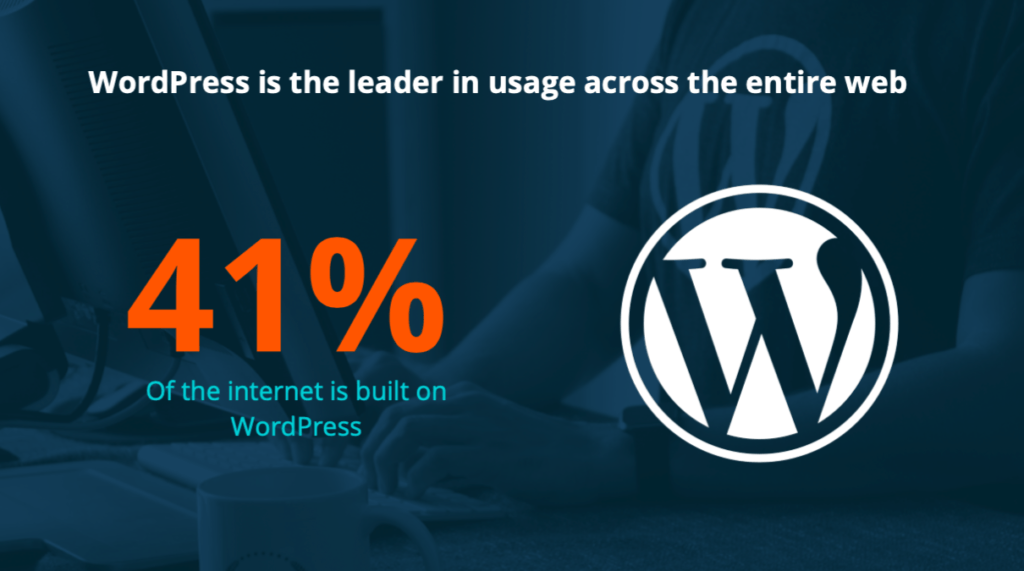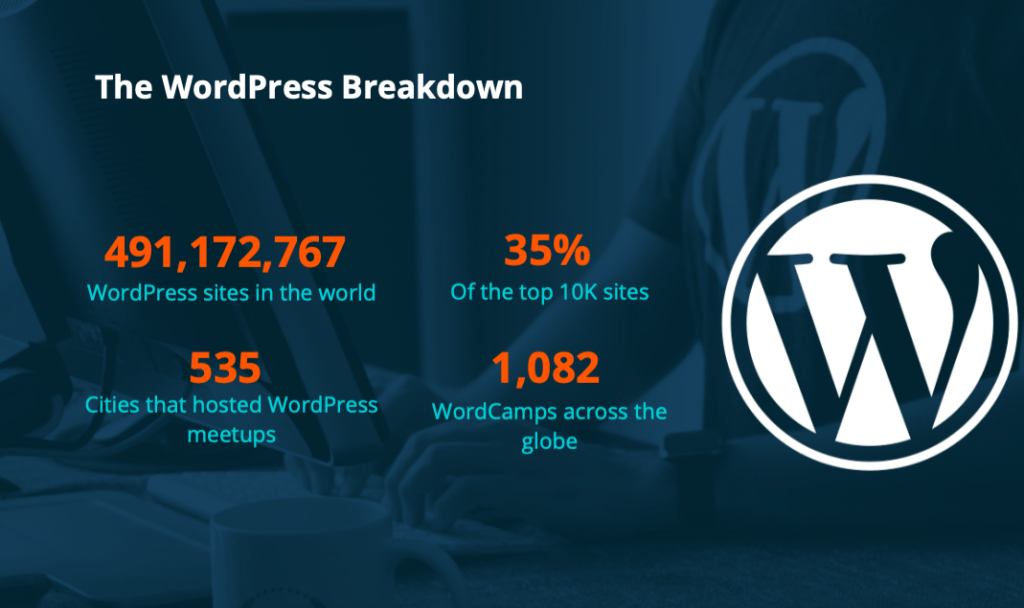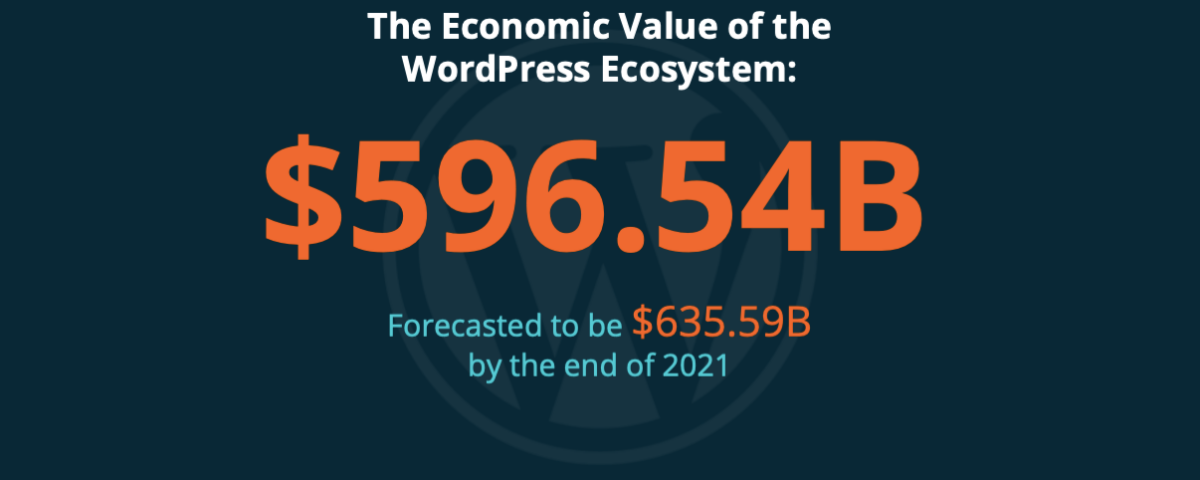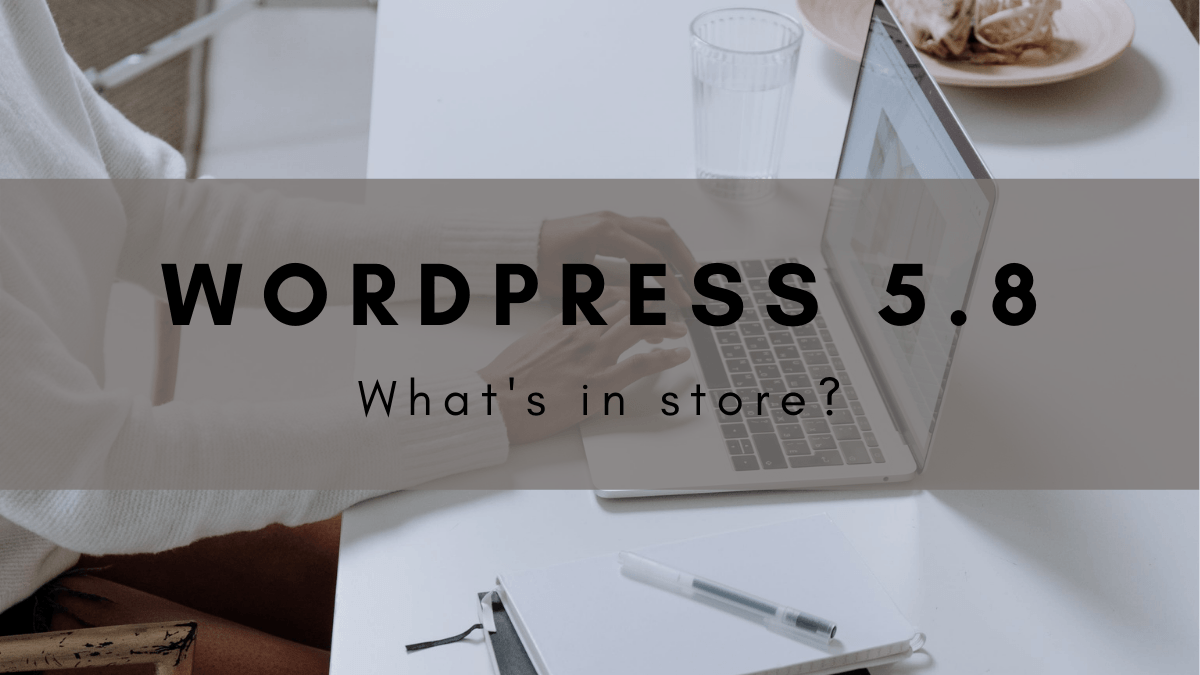Today WP Engine have unveiled the results of a study researching the true value of the WordPress economy. The study marks the first of its kind and reveals that WordPress is the definitive leader in web usage, with 41% of the internet being built using the open-source CMS. The estimated global economy of WordPress in 2020 stands are over $590 billion, with this expected to grow to over $630 billion by the close of 2021.

WP Engine’s full press release can be found below:
WORDPRESS ECONOMY DROVE MORE THAN HALF A TRILLION IN REVENUE, NEW GLOBAL STUDY SHOWS
First-of-its-kind research projects WordPress Economy expansion to $635B in 2021
June 8, 2021 — The results of a new, first-of-its-kind research study examining the combined global economy for WordPress were announced today. The study showed the global WordPress Economy was estimated at $596.7 billion in 2020, and is expected to grow to $636 billion by the end of 2021. The study examined both the economic value of the WordPress ecosystem and the social impact of this ever-expanding community of open source developers, agencies and users.
The research, commissioned by WP Engine and carried out in the U.S., UK and Australia by Dr. Chris Brauer, Director of Innovation in the Institute of Management Studies (IMS) at Goldsmiths University of London and Vanson Bourne, was undertaken to assess the economic value and the social impact of WordPress. It included a comprehensive review of academic and industry literature, including adjusting OECD economic indicators for digital economies as well as complementary primary data and analysis of economic value through industry valuations and projections from surveys of WordPress Economy research group members, 400 businesses and 400 WordPress end users.
The study also brought together an incredible, broad group of more than 100 collaborators (listed below) representing a cross section of the various, dynamic aspects of the WordPress ecosystem: hosts, agencies, plugin and theme providers—all businesses which derive revenue in some way from WordPress and helped provide guidance on the study.
WP Engine were quoted as saying:
“As no reliable benchmark valuation of the WordPress economy currently exists, we needed to innovate a methodology and solution for arriving at a reliable valuation,” said Dr. Chris Brauer Director of Innovation in the Institute of Management Studies (IMS) at Goldsmiths, University of London. “In this process we created a model that not only accounted for WordPress’ financial value, but also measured the intangible contribution from the open source community and external factors that are beyond the market’s control such as the pandemic. Our interdisciplinary research team of social scientists, statistical modellers and economists used a mixed methods approach to analyse the value of WordPress resulting in an innovative socio-economic model that accounted for user-specific data that reflects WordPress’ financial value, intangible contribution and the situational contexts of external factors.”
To read the complete “The Economic Value of WordPress” study, please visit https://wpengine.com/wordpress-economy/, where you can learn more about the results.
WordPress and Digital Economy Growth.
IDC projects global digital economy revenue to reach $5 trillion in 2021, up from $4.8 trillion in 2020. It predicts the digital economy will remain robust, estimating a five percent compound annual growth rate for the industry through 2024. If this prediction materializes, it will represent 4.2 percent growth year over year, signaling a return to the trend line the industry was on prior to the pandemic.
Market data indicates that a tremendous share of the economic value generated in the digital economy comes from websites, which could be partially attributed to the foundational role of WordPress in enabling economic expressions and interactions. WordPress is the most dominant content management system (CMS) on the market, with a significant proportion of market share, averaging at 64.8 percent, much higher than all of its competitors combined. WordPress currently powers more than 41.4 percent of the Internet. As of December 2020, WordPress has become the primary type of site on the Internet.
The Social Impact.
Growth within the WordPress ecosystem is not only reliant on economic elements but is also driven by social contributors. Social factors increase the value of the ecosystem within the community and lead to higher levels of innovation. A combination of all these factors—economic, social and innovation—can allow businesses to achieve the full potential and benefits of WordPress.
Research Methodology.
The research design used a mixed method approach to create a credible and empirically-driven assessment of the value of WordPress and resulted in our model and economic value equation. The methods used were:
- A comprehensive review of academic and industry literature, including adjusting OECD economic indicators for digital economies
- Complementary primary data and analysis of economic value through industry valuations and projections from survey of 28 WordPress Ecosystem consortium members, 400 businesses + 22 Consortium members and 400 end users
- Five external SME interviews /contributions in economic impact of WordPress informing our model/equation
- Four case studies from organizations profiling the role of WordPress on economic outcomes through the pandemic crisis (drawn from USA, UK, Europe and AUS)
All research methods were designed in the context of the Covid-19 pandemic crisis and rebound economy. Specific efforts were undertaken to assess economic change in relation to the crisis.
¹. IDC (2017). Worldwide Website Software Forecast, 2017–2021, compared to their original estimate of $5.2 trillion




